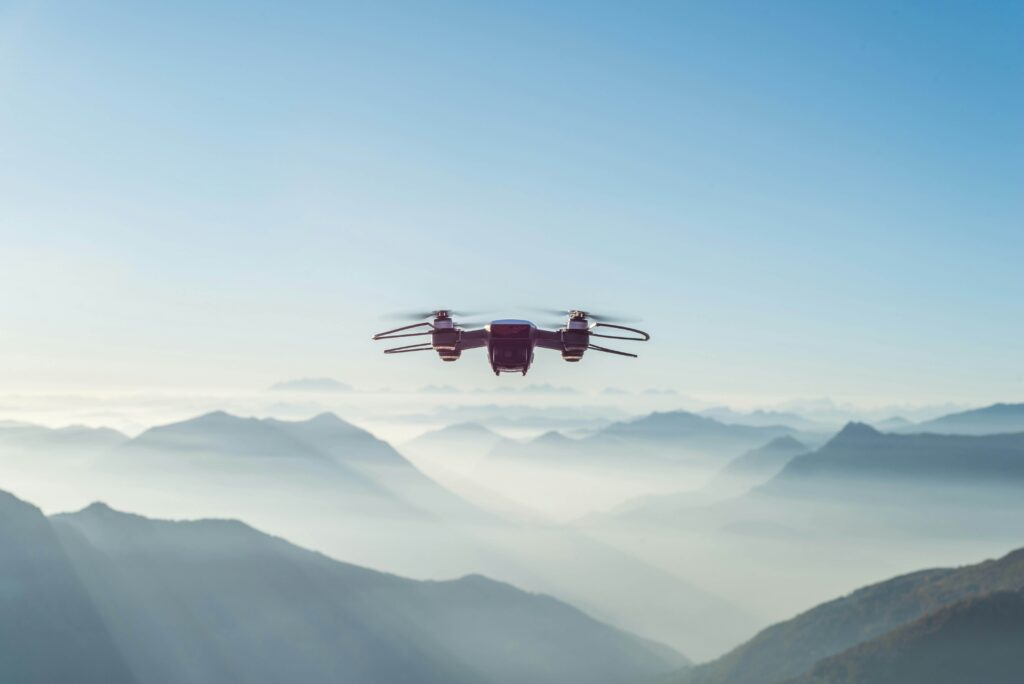Posts Tagged ‘Ethics’
Watch video: Drone technology and its impacts on society
Hear Dr Karl Stol from the University of Auckland speak about drone technology. Drones have positively contributed to society by enhancing efficiency, safety, sustainability, and accessibility across various sectors. However, like many new technologies, drones come with public concerns such as privacy and airspace congestion. This presentation introduces emerging drone technology and explores its role in balancing societal benefits and mitigating negative impacts.
Read MoreWatch video: The framing and reframing of public policy in New Zealand
The way in which we describe any major social problem largely determines the kind of policy we eventually consider for dealing with it. In this webinar, Michael Hanne explores the ways in which two issues, Poverty and the Housing Crisis, are generally “framed” in public discussion in New Zealand. He offers critiques of that framing and asks how they might usefully be “reframed” in a socially more responsible way. He ends by inviting the audience to talk about other issues they feel need to be reframed.
Read MoreThe Legacy of Rachel Carson
Rachel Carson’s “Silent Spring” (first published in 1962) is an environmental science work that documents the harm caused by indiscriminate use of pesticides.
Dr Howell’s presentation identifies implications in the legacy of Rachel’s “Silent Spring” for Engineers for Social Responsibility.
Ethical Issues and Climate Change
Human–induced climate change is widely regarded as one of the greatest – if not the greatest – moral challenges of the 21st century. Not merely does it raise numerous ethical issues, but many of these are profoundly difficult and take us to the limits of our moral imagination. Moreover, the ethical dilemmas posed by climate change arise at multiple levels – for citizens, scientists, policymakers, organisations, companies, nation-states, and the international community – and traverse many different areas of moral inquiry.
Read More


